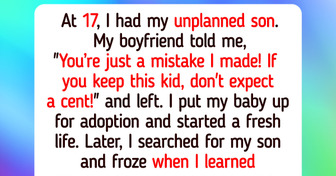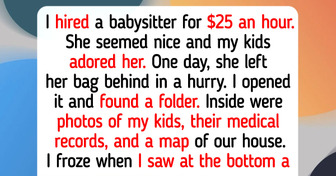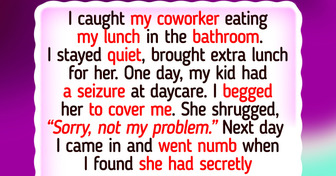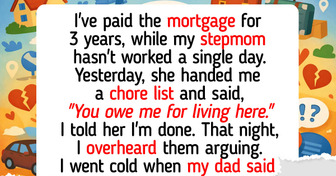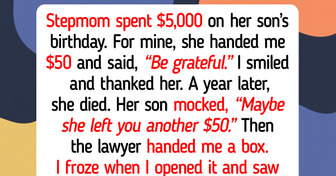16 Joyful Comics That Prove Children Can Turn Your Life Upside Down

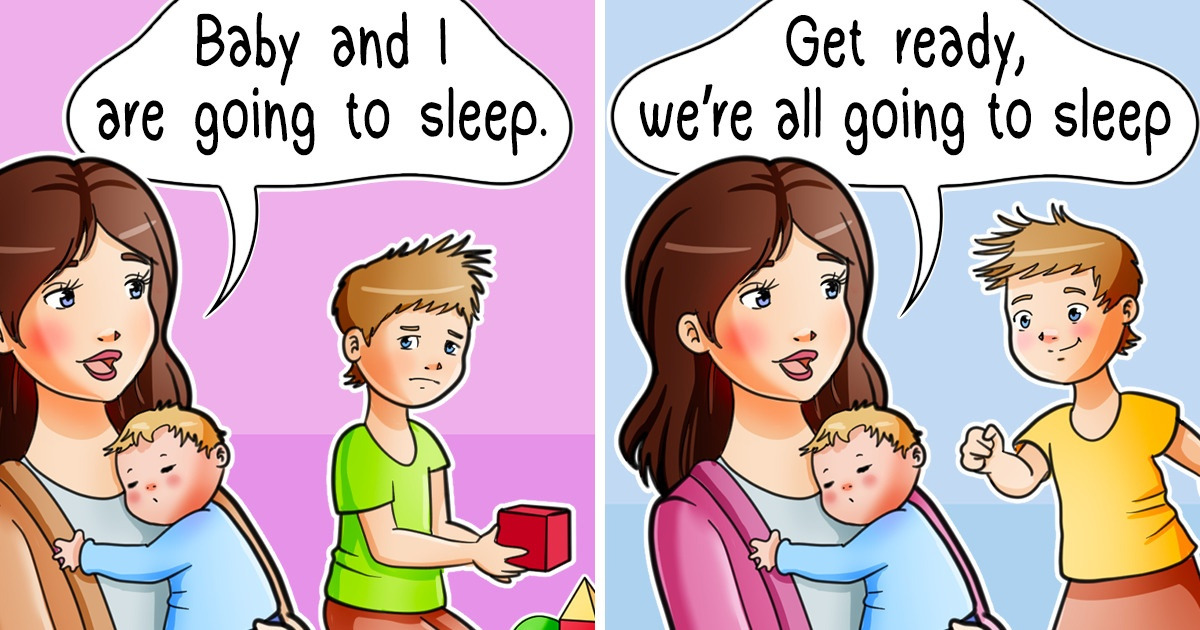
Toddlers don’t understand the idea of sharing until around 3.5 to 4 years old and they’re not very fond of it. Now imagine the turmoil of your little child having to share not just a toy but their mommy and daddy! No wonder the appearance of a new sibling in the household is such a loaded affair. Luckily, there are some tried-and-true ways to make things easier for everyone involved.
Bright Side collected tips for how to make both your kids feel included and set the stage for a healthy sibling relationship.
Your goal is to make your children friends before birth. Be honest with your older kid, and explain that the baby will sleep, eat, and cry most of the time, and won’t be a playmate right away. Let your child interact with your belly: talk to it, pat it, or let them feel the baby kick. Have fun planning stuff for the baby together. If you need to change their room, do it beforehand, so the older child won’t feel like they are being replaced.
Be careful using the baby as an excuse for why you can’t do something — even if it’s true. “I can’t help you, I have to change the baby.” “Be quiet, you’ll wake the baby.” Of course, then the older sibling will think the baby is the source of all their misfortunes! Try to use other reasons instead — or at least wording that doesn’t involve “baby.”
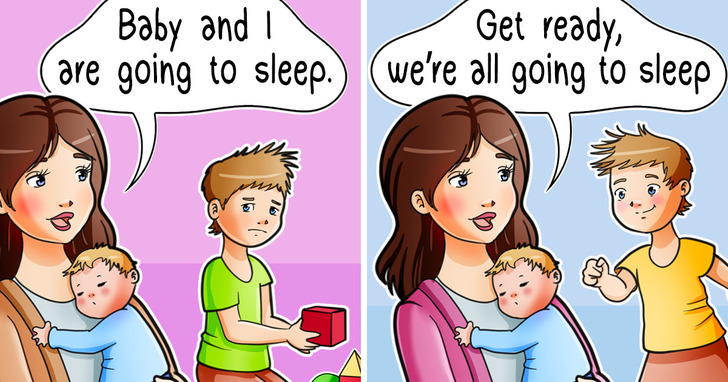
Nothing will run like clockwork: with the new baby, your household would resemble a barely contained chaos. Yet, try to maintain a regular schedule — it will help your older child to feel less anxious. Make sure they participate in as many regular activities as possible, get up and go to bed at the same time as before the baby appeared.
Never brush off your child’s feelings or scold them for being mad or upset because things have changed. They might express negative emotions or even act out. Let them know you understand why they’re upset and it’s OK to feel that way. Reassure them that you will always love them no matter what. Ask them to tell you when they’re starting to feel angry.
If you hear the dreaded “I hate this baby,” do not tell your child they’re wrong or mistaken. While it is painful to hear, don’t try to convince them they should love their sibling. Instead, tell them it’s normal and hopefully, this feeling will pass. The acknowledgment will ease the initial intensity of your kid’s negative emotions.
Surely there’ll be cool baby gifts arriving by the truckload. And it might be pretty upsetting for an older child who’s sitting on the sidelines watching the presents pile up. So, surprise your older kid with a gift every once in a while as well. It doesn’t have to be something big and fancy — it’s the case where the attention matters more. Let them also be the one to unwrap the baby gifts and test them first.
Invite your older child to help with the new baby, but don’t push it if they don’t want to. Make a big fuss about the important “older brother.” See if they want to fetch you a clean diaper or bottles, pick out clothes or rock the baby in the carrier. Teach them how to put the baby’s socks on and let them sprinkle the powder. The older sibling will feel proud to be given some new “grown-up” responsibilities.
Each parent should spend more one-on-one time with the older sibling every day. Make a schedule with your partner that dictates when one of you will watch the baby while the other can have quality time with your firstborn. Let your child choose what you’ll do together and follow it.
You can also create a baby-free zone for your older child, especially if the baby has already learned to crawl and can destroy the older sibling’s toys. Create some private space for them and load it up with things that they don’t have to share with their sibling.
Children can naturally get rough, so use a doll or a stuffed animal to demonstrate how to gently touch and hold a baby. Show how to give the baby a back rub and properly hold their head. Tell them that this type of contact calms the baby, and praise the older sibling for a job well done. All of it teaches the older child how to be physical and interact with the baby in a positive way.
Make a point of showing that the baby is a tiny human with its own needs and interests. Explain that babies need milk and diapers and that they sleep a lot, and there are things that they like and don’t like. That if a baby does something gross, it’s not on purpose. It also can be exciting for an older child to speculate about what clothes the baby would like or what toys it’ll need.
Showing your kid their childhood photos might be a good idea as well. By replaying their babyhood, you’re making it easier for a child to relate to a newborn.
Under no circumstances should you compare the siblings, even about seemingly innocent topics like birth weight, first words, when each started to crawl or walk, or who had more hair! Avoid labels as well, don’t say that one of your children is, for example, talented in front of the other — it may cause competition. Make sure that other people don’t do it either — like strangers or grandparents.
How many kids do you have? Do they get along with each other?




